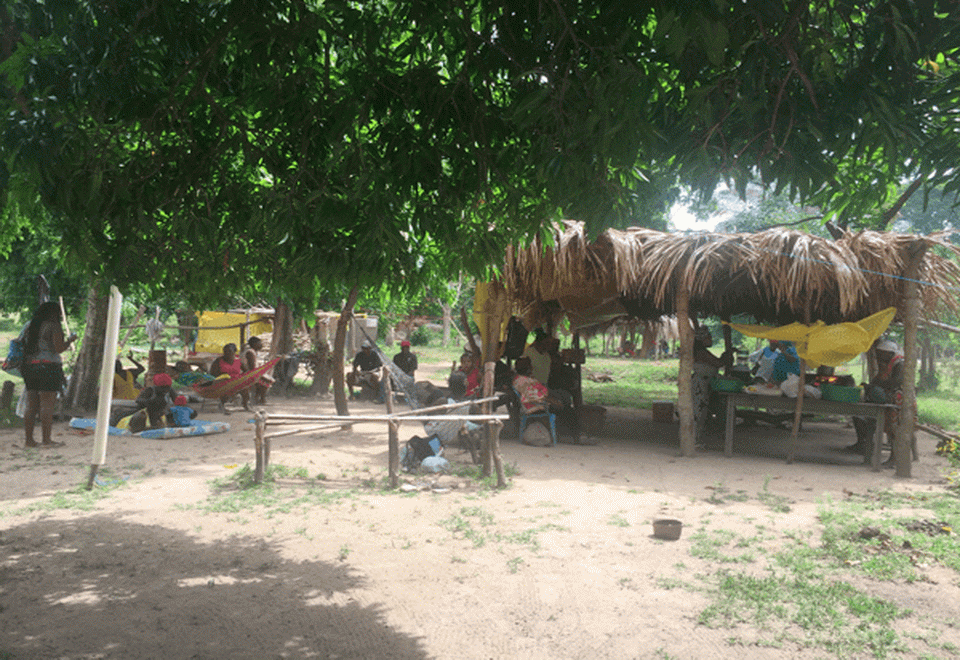Gatrifuna in Hunduras
Garifuna in Honduras
The Garífuna community is a distinct and vibrant ethnic group within Honduras, and are one of two Afro-Honduran communities recognized as such within the country. Despite not being recognized by the Honduran government as a unique people, Garifuna have preserved their rich cultural identity and connection to traditional ancestral lands. Interestingly, many Garifuna activists avoid embracing the Afro-descendant label, preferring to focus on their unique cultural values. UNESCO has acknowledged the significance of Garifuna culture by inscribing their language, dance, and music on the Intangible Cultural Heritage of Humanity list in 2008.
Comprising the third largest minority or indigenous community in Honduras, Garifuna number approximately 43,111 people. Descendants of African-Carib populations from the Caribbean island of St Vincent, who were deported to Honduras in the 18th century, Garifuna are predominantly located in coastal communities extending from Nicaragua to Belize. While there are some significant Garifuna populations in cities, the vast majority are situated in rural coastal communities where the main sources of livelihoods are subsistence agriculture, fishing, and remittances from Garifuna living abroad. However, this community continues to face challenges associated with high unemployment rates and emigration, which reinforce the traditional matriarchal structure of their families.


Honduras has made some notable progress in recent times regarding the treatment of Garifuna and other indigenous peoples. These groups are entitled to a range of rights and freedoms both through the national Constitution and via Honduras’ membership of ILO Convention No. 169. The Constitution outlines a responsibility for the government to take steps to safeguard the interests and rights of indigenous communities, including protecting their lands and forests. Unfortunately, Garifuna activists allege that the current government has disputed their status as a people, with officials suggesting they came from elsewhere. However, Garifuna individuals argue that they have lived in Honduras long before the country gained independence. Furthermore, overseas tourism interests have been keen to find ways of purchasing coastal land, despite Article 107 of the Constitution prohibiting the sale of such territory to foreigners. Sadly, Garifuna individuals remain vulnerable to discrimination and human rights abuses. Amnesty International highlights the problems faced by the group, including the lack of access to essential services and decision-making processes, inadequate responses to crimes against the Garifuna, and a weak enforcement of the right to free and informed consent. Amnesty International urges both government officials and non-state actors to provide better protection for Garifauna and other indigenous groups.
